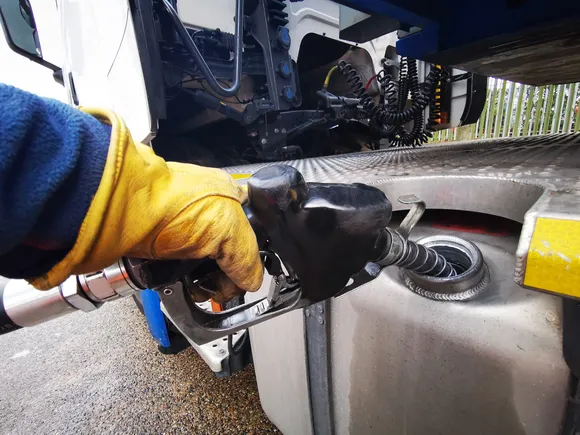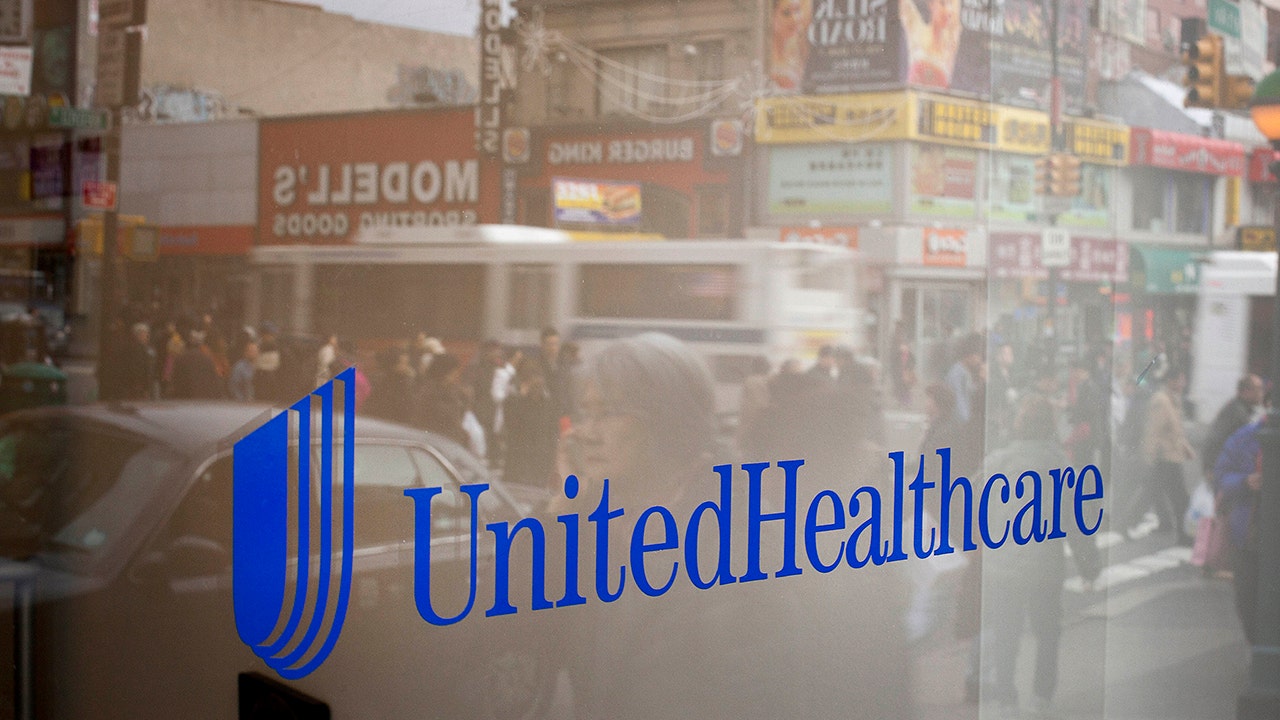Infra
New York truck dealer: Rushed zero-emmissions requirements threaten small businesses

The following is an opinion article written by Mark Stone, corporate general manager of New York-based Burr Truck and board member of Clean Cities of Central New York. Opinions are the author’s own.
Despite operating through the COVID-19 pandemic, the Great Recession and in the aftermath of 9/11, for the first time in my 31-year career, I’m questioning whether our small business will survive another year in New York.
In an era where many truck dealerships have closed their doors, downsized or sold to larger competitors, Burr Truck has stood the test of time since 1967 as the nation’s longest standing Volvo dealer and the first Volvo battery electric truck seller in Upstate New York, and the first Isuzu Dealer to become battery electric vehicle certified in New York.
The idea of shuttering our operations is one that I could never have imagined. Yet here we are staring down an uncertain road due to New York’s insistence on upholding ill-begotten regulations that it is fundamentally not prepared for. What has changed? The mandates from the California Air Resource Board Advanced Clean Trucks Rule.
Operating a small business in this state is no easy feat. We face obstacles at every turn — whether it’s the supply chain, labor shortages or impacts from the broader economy. Like many others, we have always found a way to navigate these challenges. Now, I fear that might not be possible.
The trucking industry is a driving force behind our state’s economy, with more than 113,000 trucking companies providing one out of every 24 jobs across the state. The ACT rule, set to take effect Jan. 1, 2025, puts that entire segment at risk — as well as the many businesses and residents who depend on it.
Per the ACT rule, for truck manufacturers to allow their New York dealers to continue to sell clean diesel vehicles without penalty, these dealers will be required to have a minimum percentage of their sales consist of zero-emission vehicles. To put it plainly, for every ten diesel trucks we hope to sell, we’ll have to sell one ZEV first. This is a noble, but entirely unrealistic goal under the current timeframe.
To date, fewer than 40 Class 8 ZEVs have been sold statewide. There are various reasons why, including a lack of ZEV charging infrastructure for heavy trucks on any of our major highways and thruways. Additionally, there are monumental costs associated with purchasing Class 7-8 ZEVs — not to mention upgrades and installations required on the business side to support electrification. Depending on supply chain constraints, the purchasing process for Class 7-8 ZEVs could take anywhere from 12-24 months. Yet, fleets need trucks now.
I understand the importance of these regulations for environmental sustainability, and I agree with their long-term implementation. Despite this, an overly aggressive rapid transition poses serious challenges for an industry so deeply rooted in traditional diesel technology. This includes vocational trucks, such as municipal snow plow trucks, for which zero-emission technology doesn’t yet exist. Eighty percent of our business supports our local government partners, if we cannot continue business operations, and municipalities can’t get new trucks to maintain our roads, every taxpayer in the state will be impacted.
Furthermore, the current overall landscape of New York’s electric vehicle infrastructure cannot sustain the number of ZEVs that this regulation will put on the road. Consider that since ACT was adopted in 2021, New York has not installed a single, publicly available, heavy-duty charger. Even with incentives, the cost of owning a ZEV Class 8 truck remains $110,000 higher than that of a traditional clean diesel truck. It’s hard for motor carriers to justify that kind of investment given that ZEVs have a very limited range and applicability for many operations.
As a result of the ACT mandate, we are anticipating a loss of more than $18 million in sales and $4.8 million in parts and service revenue annually. Dealership employment could easily drop 30% within the first year of regulation. There’s no telling the impact it will have on our customers and the people who rely on their services, but I know that it will not be insignificant.
Let me be clear: our opposition to the ACT regulations in their current form has nothing to do with our commitment to protect the environment for future generations. Burr Truck is aligned with the goals set forth by New York’s Climate Leadership and Community Protection Act to achieve zero emissions by 2040. In fact, we’ve invested in cutting-edge technology, tooling, training and infrastructure to help achieve these goals. We’re also proud to have sold one of New York’s first Class 8 BEVs.
We’ve spent 57 years building strong relationships. We’ve already sold trucks for the 2025 calendar year, and having to potentially inform municipalities and fleets that we cannot deliver their trucks puts us in an extremely difficult position. As such, we are calling for an immediate delay to not only protect the critical services everyone in our industry provides, but the businesses and jobs that rely on them.
Burr Truck’s history is one of resilience and adaptation. Our legacy isn’t just about selling trucks; it’s about the relationships we build and the commitment we uphold — to our customers, to the trucking industry, to the environment, and to our employees for generations to come.
We have been vocal about our concerns. It’s time for New York to work with the industry to put forward a commonsense approach and I’m personally here to help see that through. We can still strive for a greener, sustainable future without risking jobs or the future of our industry’s businesses.










